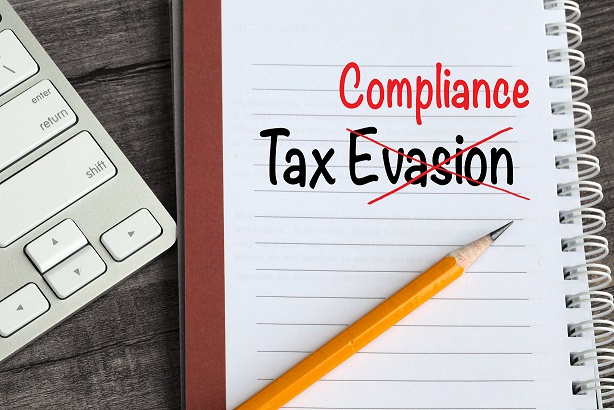SARS is on a drive to ensure compliance and clamp down on those not paying their due in taxes. If there was ever a good time to make sure your tax affairs are in order and your information updated with SARS, now is the time!
Tax Evasion
If you are like most South Africans, you do not like paying SARS more than you legally should. It is not forbidden in South African tax law to minimize your tax payable. The principle of tax structuring forms part of our common law and our Income Tax Act has a section dealing with transactions that are solely entered into for tax evasion.
SARS recently announced that they are setting their target on South Africans not adhering to the tax laws and evading tax payments.
The three groups of people that they will be focusing on, are:
High net worth individuals
SARS’ high wealth individual taxpayers’ unit is up and running and the revenue collector has sent out the first batch of ‘welcome letters’ to those who meet the criteria to be part of this elite club.
In the welcome letter, SARS confirms that the recipient will be assigned a dedicated relationship manager to oversee their profile, who will serve as their direct point of contact. The aim will be to enhance compliance among and increase collections from this segment of the tax base. Some has described it as having a private banker for your tax affairs.
Offshore investors
South African tax residents are required to pay tax in South Africa on their worldwide income. The tax system does allow exemptions for certain types of income, and some double taxation agreements, but SARS will clamp down on investors not adhering to the tax laws for offshore investments.
Cryptocurrency investors
Many taxpayers are oblivious of the fact that trading in cryptocurrency renders them liable for tax or how and when tax is levied on their cryptocurrency gains made.
Depending on how and why the trades are conducted, some crypto transactions could be deemed to be capital in nature and thus liable only for capital gains tax—however, other transactions could be deemed to be revenue-earning in nature and would thus be taxed according to the taxpayer’s normal tax rate as per the tax tables.
Negligence
The Tax Administration Laws Amendment Act (TALA) now makes provision in s234(2) that a taxpayer could face criminal charges if they are negligent in certain areas.
Some examples of when a taxpayer could face criminal charges are:
- Failing to inform SARS of any change of postal, physical, or electronic addresses, representative taxpayer, and banking particulars.
- Failing to submit a tax return when required to do so or failing to submit documents when requested to do so by SARS.
- Failing to keep records for the required period.
- Fail to comply with a directive or instruction issued by SARS to the person under a tax Act.
This section gives SARS significant powers bearing a great risk to taxpayers not informed or being informed by their tax practitioners of these provisions. We, therefore, urge all our clients to let us know of any changes in their particulars and to always respond with the necessary documentation in time when requested to do so. We take on the responsibility to keep you compliant but need your cooperation to do so!
Please feel free to contact our offices (012 347 0561/2) and speak to Deon or Marcel if you have any questions on the matters discussed in this article.

